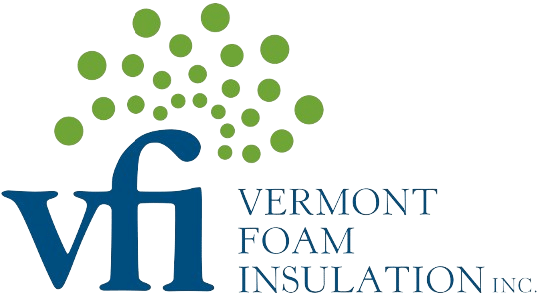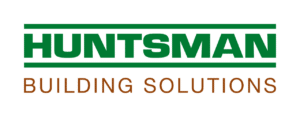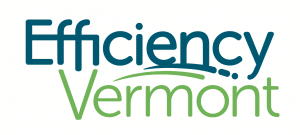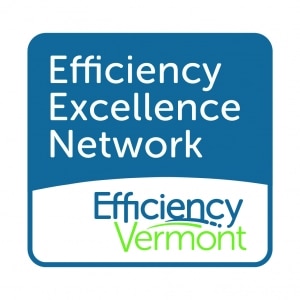When it comes to protecting your home from moisture issues and ensuring optimal indoor comfort, the terms “vapor barrier” and “vapor retarder” often come up. But do you know which one your home needs? This comprehensive guide will delve into the differences between vapor barriers and vapor retarders, the dangers of moisture infiltration, and the areas in your home where these protective measures are most crucial. Ultimately, while every home requires moisture control, the specific needs for vapor barriers or vapor retarders vary based on individual circumstances, depending on, but not limited to, things like conditions and geographic locations & climates.
Understanding Vapor Barriers and Vapor Retarders
What is a Vapor Barrier?
A vapor barrier is designed to prevent almost all moisture from passing through. It’s classified as a Class I material, with a permeability rating of less than 0.1 perms. This high level of moisture resistance makes vapor barriers essential in areas prone to significant moisture exposure.
VAPOR BARRIER EXAMPLE:
12 MIL plastic for covering exposed dirt floors
What is a Vapor Retarder?
Vapor retarders, on the other hand, have a permeability rating between 1 and 10 perms, placing them in Class II and above. While they slow down moisture transmission, they do allow some degree of vapor to pass through, making them suitable for less moisture-prone areas.
VAPOR RETARDER EXAMPLE:
Close cell spray foam, special primer paints, specific types of plastic sheathing (like CertainTeed’s Membrain)
Vapor Barriers Protect Your Spray Foam Investment
Spray foam insulation is one of the most effective ways to improve comfort and efficiency, but like any building material, it performs best when paired with the right moisture control strategy. Without a vapor barrier, even high-performing spray foam can be vulnerable to hidden condensation, which over time may compromise insulation performance and shorten its lifespan. At Vermont Foam Insulation, we’re insistent on installing proper vapor barriers with our spray foam work because it safeguards the insulation itself, protects the structure around it, and ensures you get the full long-term benefits of your investment.
The Dangers of Moisture Infiltration
Moisture infiltration can lead to numerous problems in your home, including:
- Mold and Mildew Growth: Excess moisture creates an ideal environment for mold and mildew, which can cause health issues and damage building materials.
- Structural Damage: Continuous exposure to moisture can weaken wooden structures, leading to rot and compromising the integrity of your home.
- High Energy Bills: Moisture can damage insulation and affect its efficiency, leading to higher energy consumption as your heating and cooling systems work harder to maintain a comfortable temperature.
- Unpleasant Odors: Damp environments can produce musty smells that permeate your living spaces, affecting indoor air quality.
- A stuffy home: The more moisture your home accumulates, the stuffier it will feel.
Areas in Your Home That Usually Need a Vapor Barrier
Certain areas in your home are more susceptible to moisture issues and typically require the installation of vapor barriers or vapor retarders, along with spray foam insulation.
Crawl Space/Basement
Crawl spaces are notorious for moisture problems. The ground beneath your home can release moisture into the crawl space, leading to high humidity levels that can permeate the rest of your house.
The Attic
The attic is a common area for moisture accumulation, especially in colder climates. With moisture, in the form of a vapor, pushing its way up into the attic, we prefer to utilize low permeance insulations that also act as air barriers, like open or close cell spray foam. Using low permeance materials means that the opportunity for moisture issues is greatly diminished.
The Benefits of a Dry Home
Maintaining a dry home offers numerous advantages, including:
- Healthier Living Environment
- Improved Structural Integrity
- Enhanced Energy Efficiency
- Increased Comfort
How to Determine If Your Home Needs a Vapor Barrier
While moisture control is essential for every home, the specific needs for vapor barriers or vapor retarders depend on various factors, including the climate, home design, and existing moisture levels.
Every home needs effective moisture control to prevent the dangers associated with excess moisture. However, the specific requirements for vapor barriers or vapor retarders depend on the unique circumstances of each home. At Vermont Foam Insulation, we specialize in assessing and addressing your home’s moisture control needs. Our expert team can provide a thorough energy audit and recommend the best solutions. Let us help you create a healthier, more comfortable home environment with expert moisture control solutions tailored to your specific needs.








